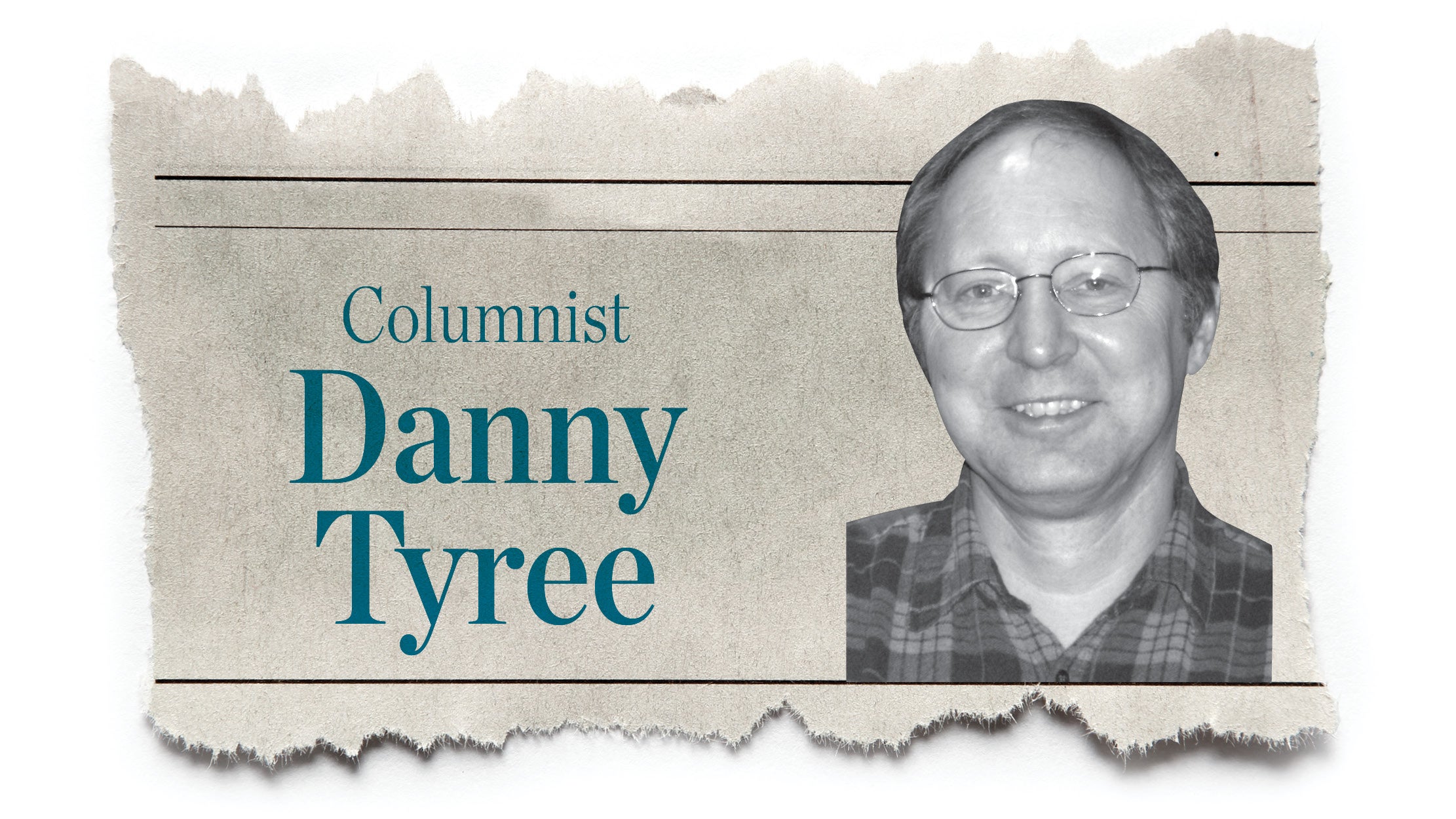Why is state allowing unconstitutional gambling?
Published 8:59 am Friday, July 27, 2012
Two weeks ago, Attorney General Mike DeWine said that the state had 667 Internet sweepstakes businesses, including 70 in the Mahoning Valley.
Last week, DeWine upped the ante by another 105 sweepstakes joints whose owners subsequently filed affidavits with his office. So we’re at 772 and counting.
And yet, some members of the Legislature and DeWine continue to talk about the explosion of Internet cafes only in terms of demonstrating the need for some sort of statewide regulation.
We have yet to hear anyone in Columbus explain how the operation of these businesses, which basically combine elements of an instant lottery ticket with a slot-machine-like video terminal, are legal under the Ohio Constitution.
It is as if everyone in Columbus is:
Unable to read the Constitution, which continues to prohibit gambling in the state, with the exception of the Ohio Lottery Commission and its operations and the four casinos that were specifically approved by the voters. Or unwilling to make the effort that would be necessary to shut down unconstitutional gambling operations in the state.
If there is another explanation, we’d like to hear it.
The (Youngtown) Vindicator
Congress needs balance of cuts, tax increases
Congress has a plan, or at least has arranged the steps, for dealing with the country’s deficit and debt problems. Come the end of the year, lawmakers will send all of us over a “fiscal cliff.” Among other things, cuts in income, dividend and capital-gains taxes will expire. Defense and domestic spending will be whacked. All told, the approach would reduce the country’s debt by a projected $8 trillion during the next decade, the federal budget in balance by 2016.
A good thing? The word “cliff” points to the likely pain, breaks and bruises.
The Congressional Budget Office reported last week that in 2009, Americans paid the lowest federal tax rate in three decades, an average 17.4 percent. That points to the room available for raising taxes. More, the Obama White House hardly proposes going to excess on higher taxes….
A strong case can be made for an even split of spending reductions and tax increases, including a step the president has eschewed, taxing capital gains as ordinary income.
As it is, Republicans have been sharing their fears about defense reductions (part of a deal they brokered). Spare defense, and other priorities, such as education, research and parks, are vulnerable. These factors highlight why a careful balance must be struck, putting first the recovery, anchoring long-term deficit reduction and avoiding the hazards of a fiscal cliff.
The Akron Beacon-Journal





